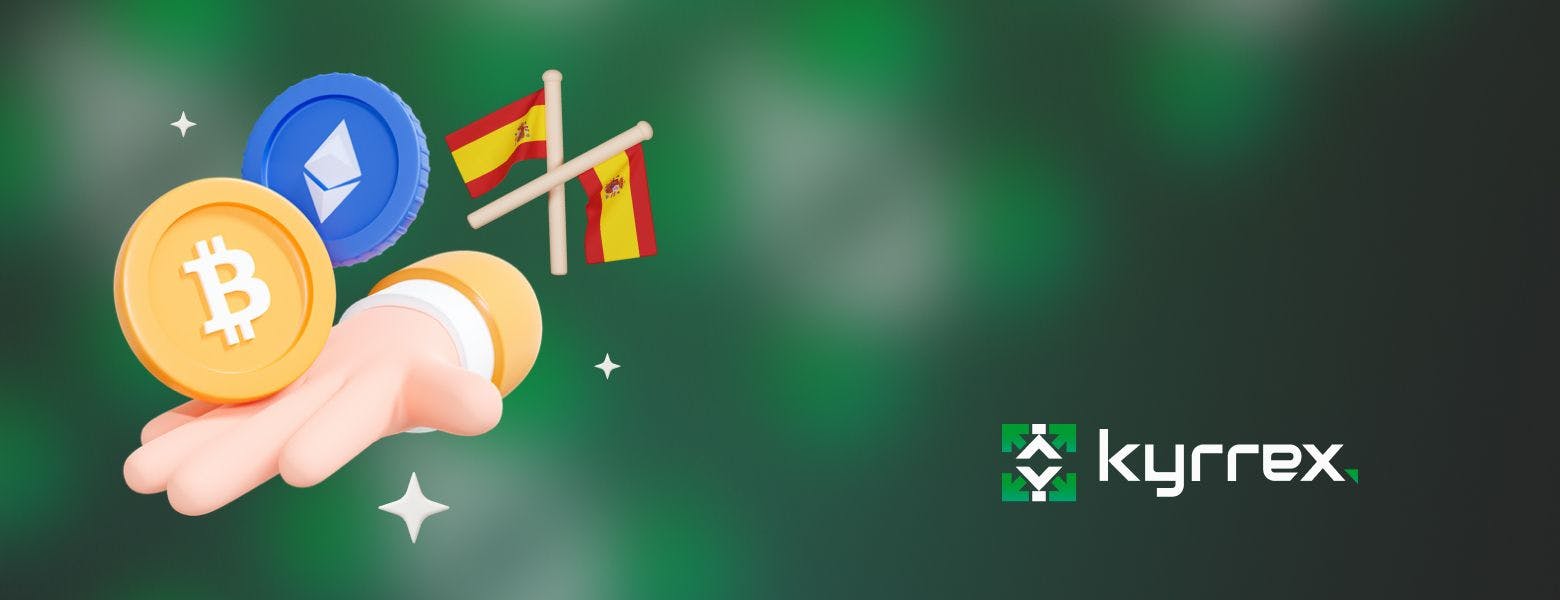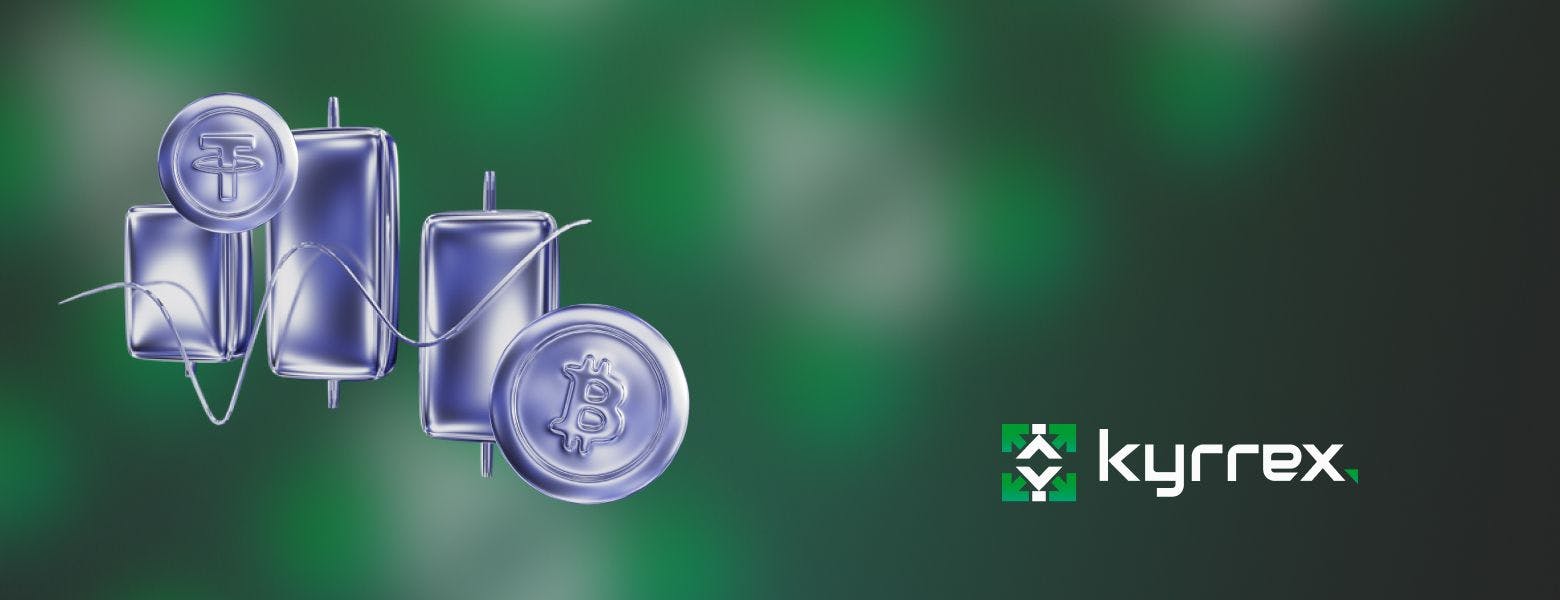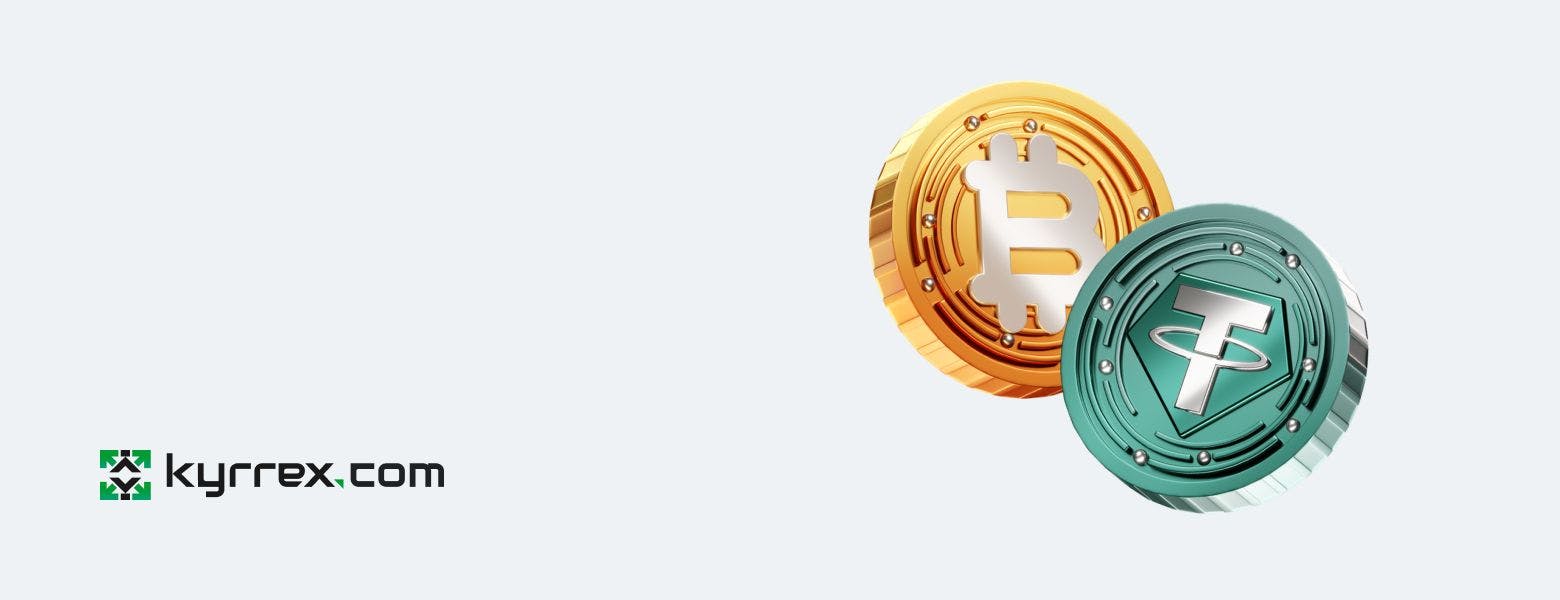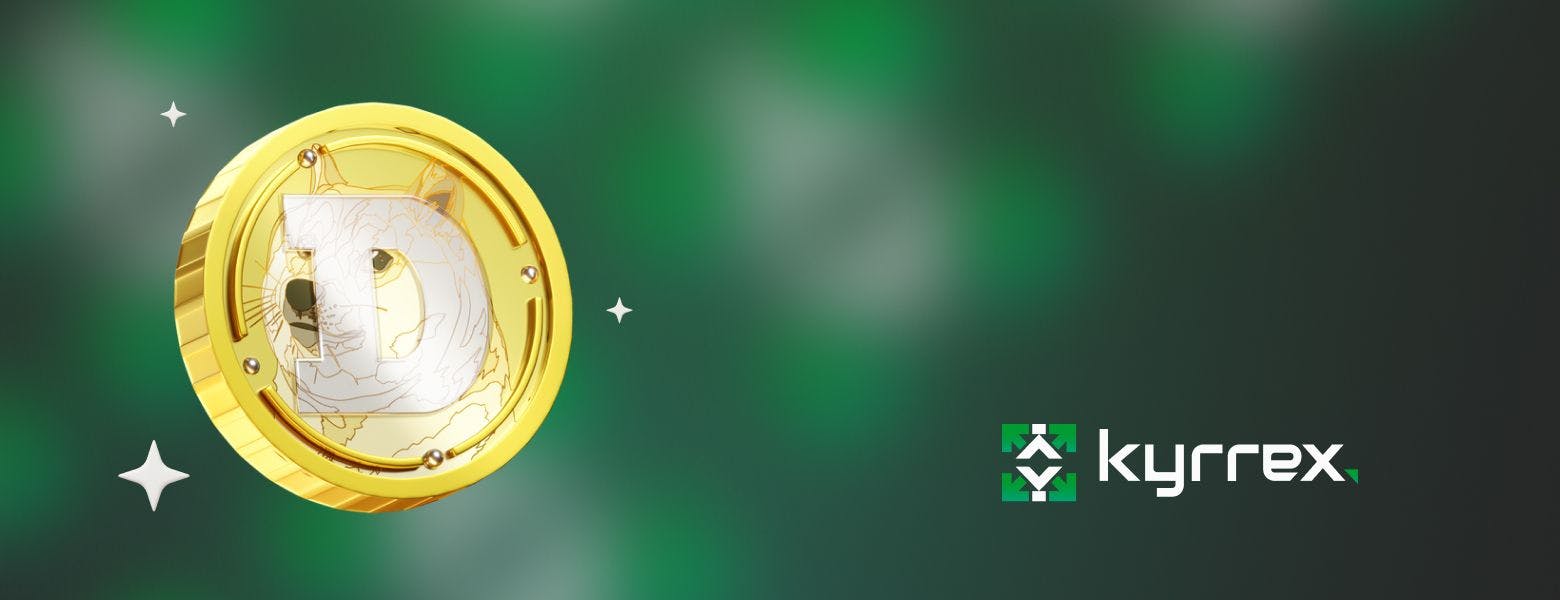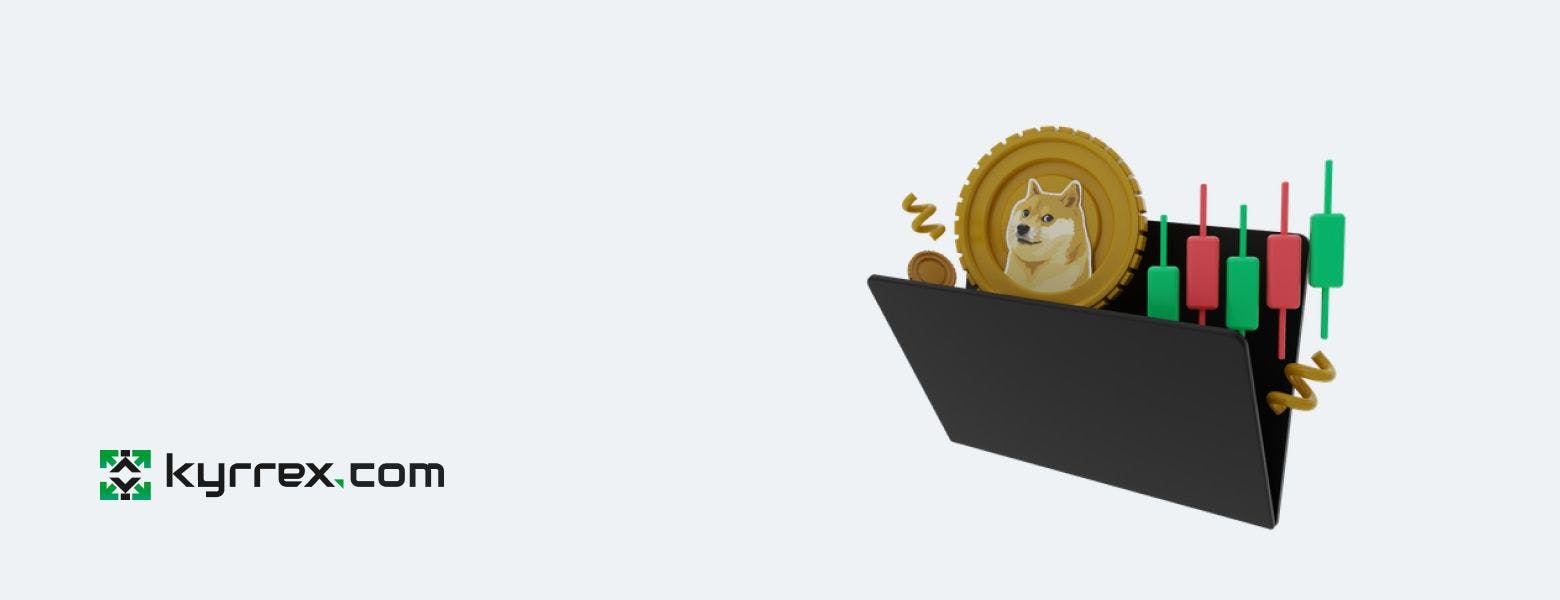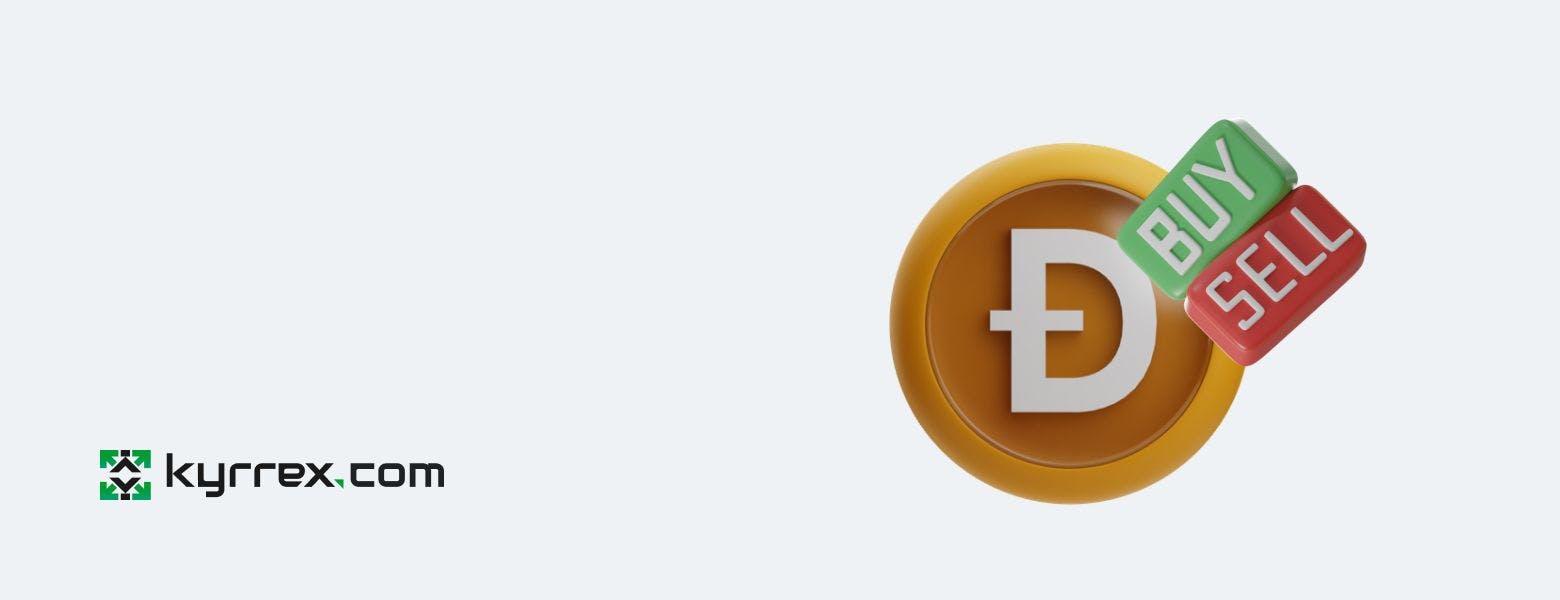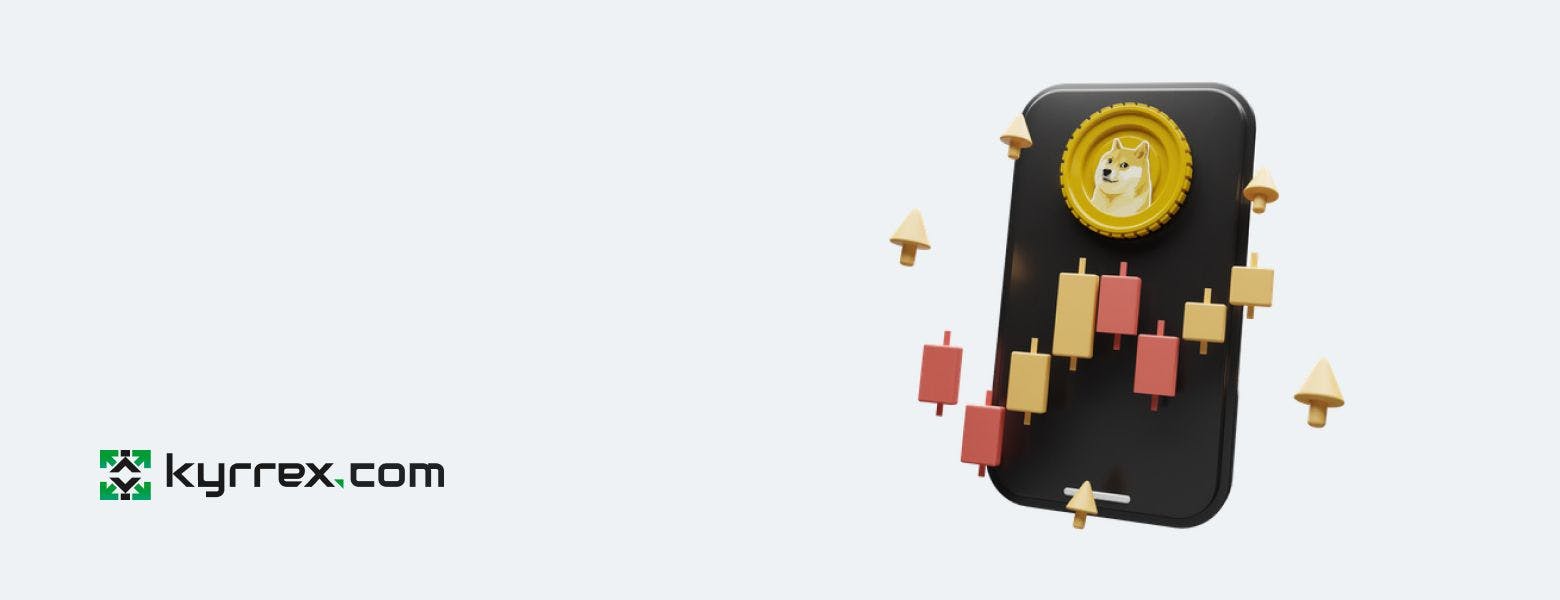
UK Crypto Tax: Full Guide to Regulations and Taxations 2024

Cryptocurrency investment has seen a rise in popularity in the UK! However understanding the tax implications of crypto can be daunting for newcomers. This guide aims to simplify the concept of UK crypto tax so that you can grasp your obligations as an investor.
Here's what we'll discuss;
·The fundamental principles of crypto taxation
·Instances where you are required to pay Income Tax on activities like mining or staking
- How to calculate your Income Tax liability
- When Capital Gains Tax is applicable when selling crypto for a profit
- Steps to determine your Capital Gains Tax obligation
- Tax allowances that may lower your tax bill
- Guidelines on reporting transactions to HMRC
- Essential records you should maintain
- Utilizing tax software to streamline the process
- Seeking professional tax assistance if needed
Our aim is to demystify UK crypto tax, empowering you to invest confidently! We will walk you through all the regulations and procedures in a simple manner.
Cryptocurrency can be both thrilling and perplexing. Lets shed some light on cryptocurrency taxes in the UK so that you can unwind and enjoy the journey! Keep reading to become well informed about UK crypto taxation.
The UK government (HMRC) categorizes cryptocurrencies like Bitcoin as assets or property and not actual currency. This means that crypto falls under existing UK tax legislation. It does not have its own “crypto tax" category.
Categories of UK Crypto Tax
For folks looking to invest they'll mainly have to deal with Capital Gains Tax and Income Tax.
- Capital Gains Tax: The Capital Gains Tax is charged on any sale or disposal of cryptocurrency worth more than what was originally paid for it. That can include trading for fiat currency or other cryptocurrencies; goods or services; gifts, etc.
- Income Tax: If you earn cryptocurrency by doing things like mining, staking, peer-to-peer lending, airdrops etc., you may have to pay income tax on it. HMRC sees this kind of crypto as miscellaneous income: that is, taxable.
But don't worry—you only have to pay tax on your profits or earnings when they outweigh the tax-free allowances given to you, and these are generous by traditional standards. For most people who invest in crypto only occasionally, there's no tax bill at all. It's frequent traders and those making larger investments who might find themselves owing taxes.
In a nutshell, HMRC doesn't regard crypto as money but rather as taxable property. Capital Gains Tax and Income Tax, following the existing UK tax law, are the main taxes that apply to crypto. But for occasional or small-scale crypto investors, that's unlikely to make any difference at all to their tax situation.
Income Tax: Paying Taxes on Your Crypto Earnings

Receiving cryptocurrency through certain activities is considered by the HMRC as taxable income. There are some ways people earn crypto-pounds which would be subject to Income Tax:
- Being paid by an employer in crypto - Whether your employer gives you part or all of your salary this way, it's just normal income to HMRC.
- Successfully mining coins - Your computer mines for you and makes new tokens, so that counts as taxable income.
- Staking coins to validate transactions - The crypto you earn from staking is taxable.
- Earning interest on crypto loans - All interest you receive would be taxable.
- Receiving free coins through an airdrop - Airdropped coins count as a taxable income even though they're free to receive.
- Yield farming, or offering liquidity - If you receive tokens this way, they are taxable.
- Receiving coins from a hard fork - Forked coins you received for free are an income event.
In most cases, cryptocurrency earnings are seen as "miscellaneous income" for tax purposes. The only exception is employer-paid crypto wages.
The good news is that you only owe Income Tax on cryptocurrency if your total income exceeds the £12,570 tax-free allowance for 2023-24. If you stay under that threshold, then your crypto earnings are tax free!
Determining Your Cryptocurrency Tax Liability
If your total earnings are more than the UK Personal Allowance, then follow these steps to work out how much income tax is payable on gains from cryptocurrency.
- First, you must establish the exchange rate on the date that each of your taxable dividends was paid in crypto and convert into sterling. Previous exchange rates can be used.
- Next, add together all the pound sterling values for your taxable crypto income from the tax year.
- Add this total of crypto-incomes to other emoluments from employment, self-employment, property, interest and all other sources.
- Use the standard Personal Allowance of £12,570 as a deduction from this figure to find your total taxable income.
- Use income tax bands to work out which rate - 20%, 40% or 45% (the additional rate) - you should apply to the total of your taxable income.
- Now multiply your total taxable income from cryptocurrency and all other sources of earnings by the relevant tax rate.
The Income Tax amount calculated should be paid to HMRC on or before the due date for payments.
Capital Gains Tax: When the Taxman Comes for Your Crypto Gains

Let's be real - no one enjoys paying taxes. But if you profit from crypto, HMRC will want a slice of the action. As far as the UK taxman is concerned, crypto assets like Bitcoin are property. Just like if you flipped houses or traded stocks for a profit. So they slap on Capital Gains Tax for any crypto gains you realize.
Brace yourself to owe Capital Gains Tax if you:
- Cash out your crypto for pounds and come out ahead
- Swap one crypto for another and make a profit on the exchange
- Use crypto to buy stuff and the value rose since you bought it
- Gift crypto to someone besides your spouse and it gains value
- Get free crypto from an airdrop then sell or swap it later at a higher price
Now the positive spin - you only pay tax on gains above the tax-free allowance, which is a relatively meagre £3000 this tax year. (Don’t look at us like that—blame Jeremy Hunt.) So smaller crypto players often dodge Capital Gains Tax.
And married couples get double - you both have your own separate £3000 allowance. So between you, that's £6000 in tax-free crypto profits in the 2024-25 reporting year. The bottom line - HMRC will come collecting on any big crypto windfalls you have. However modest investors can often avoid Capital Gains Tax.
How to Calculate Your Crypto Tax UK Capital Gains Tax
Hit a jackpot with your crypto and go beyond what the taxman lets you keep tax-free. Let's break down how you can figure out the Capital Gains Tax that's coming out of your pocket:
- Calculate what you've put in. This means ringing up the initial price and any extra costs for each crypto piece you've let go of.
- Chase down what you got for it
- Look for the British Pound value on the actual day you waved goodbye to your crypto.
- Do the math: selling price minus what you spent
- Take what it cost you and subtract it from what you pocketed to find out your profit.
- Put all your wins together
- Gather all the profits from each time you cashed out on crypto within the tax year.
- Remember your tax break
- Subtract the £3000 you don't have to pay taxes on to see what's left.
- Figure out the tax bite
- If you're in the basic tax bracket, put aside 10%. Those in the higher bracket, get ready to hand over 20%.
- Whip out the UK crypto tax calculator for the last step
With that tax rate in mind, analyze the taxable gains and see how much damage your bank balance is likely to take.
Figuring out your crypto taxes just seems to be a treasure hunt--for ancient transactions. Calculating precisely how much money you’re giving the government doesn’t sound even the tiniest bit fun. This is why intelligent investors use tax software to sort everything out instead.
Reduce Your Crypto Tax Bill with Tax-Free Allowances

Besides the regular Personal and Capital Gains Allowances, you can use additional generous tax-free reliefs for crypto income:
- Gift tax-free up to £3,000 of crypto each year through the Annual Exempt Amount for Gifts.
- Transfer assets tax-free between spouses. This can be used to bypass crypto UK tax.
- Reduce the tax you owe by offsetting losses against total Capital Gains.
- The first £1,000 of miscellaneous trading income can be earned tax-free. This is called the Trading Allowance.
- Donate to registered charities tax-free. Donating crypto means not just Income Tax but also Capital Gains Tax are excluded.
- Place crypto in an Individual Savings Account (ISA) wrapper to shelter it from tax.
- Contribute crypto to your pension plan and in this way reduce your taxable income.
When you calculate your ultimate crypto tax bill, factor in these allowances and exemptions you can utilize. Thorough record-keeping enables you to successfully claim any allowances you are entitled to.
How to Report Crypto Taxes to HMRC
Each year you must complete a self-assessment tax return in order to officially report and pay any Income Tax or Capital Gains Tax due on your crypto trades. The self-assessment deadline is 31 January of the next year. Therefore, online returns must be filed by 31 Jan 2025 for the 2023-24 tax year.
When completing your return, you'll report:
- Crypto income on the foreign income section
- Crypto capital gains on the capital gains summary
On the basis of your Self-assessment, HMRC works out your total tax bill for the year including allowances. Any tax due must be paid on 31 January, as well.
If you miss the deadline for reporting or payment, you can expect financial penalties from HMRC. Therefore, get into the habit of preparing well in advance for your crypto taxes.
How to Keep Records for Crypto Taxes
Good record-keeping is the key to getting your tax return right and reducing your crypto tax bill. For each transaction potentially liable to tax you should record:
- Date Acquired
- Acquisition cost in GBP
- Date of disposal
- Disposal value in GBP
- Fees incurred
- Nature of transaction
It's best to keep track of all this as you go along, making it easy to pull together at tax time. If you use only a few trading platforms, their account history may suffice for your tax preparation. However, if you trade across many different platforms, manually compiling transaction data can be extremely difficult. At such times tax software is essential.
Use Crypto Tax Software
Crypto tax preparation is fraught with difficulties, so most investors turn to specialized tax software for help. Leading providers such as CoinLedger, Koinly, CoinTracking can:
- Import your transaction data automatically from exchanges using API connections
- Interface with wallets and block explorers to capture full transaction records
- Match and synchronize data from across all of your accounts
- Calculate your capital gains and losses
- Generate the necessary tax reports for filing
This means you no longer have to collect your wallet addresses and do the math yourself. Every top crypto tax UK calculator also syncs directly to reputable tax filing suites like TurboTax. However, you must ensure that whatever software you use for handling crypto tax also meets the reporting requirements of Self-assessment to HMRC.
Get Professional Tax Advice
If you are heavily involved in crypto investing, it could well be worth consulting a professional accountant with expertise in crypto taxes.
A crypto accountant UK specialist can help you:
- Correctly classify your crypto transactions
- Benefit from exemptions and relief
- Arrange your holdings in a tax-efficient manner
- Keep complete records of all payments in compliance with the latest HMRC regulations
This specific advice comes at a cost. But the reduction in taxation likely more than compensates for this.
Key Takeaways of UK Crypto tax Regulations
With crypto investing on the rise, an understanding of UK crypto tax rules is vital. By following the guidance in this article, UK crypto holders can remain compliant, minimize their tax bills, and avoid issues with HMRC.
- UK tax laws view crypto as an asset, not a currency
- Income Tax must be paid on crypto derived from activities such as mining and staking
- Capital Gains Tax is payable when crypto is disposed of at a profit
- You'll only be charged tax on crypto profits/income over any applicable tax-free allowances
- Thorough records are essential to accurately estimate the taxes due for crypto
- Transaction data gathering and tax work can be automated using accounting software
- If your crypto dealings are substantial or complex, seek professional tax assistance
With much current interest in investing in cryptocurrencies, a knowledge of UK crypto tax regulations is necessary. By following the advice in this article, UK taxpayers can stay compliant. While remaining within the law they are better able to minimize their tax bills and lessen their chance of having problems with HM Revenue & Customs.

